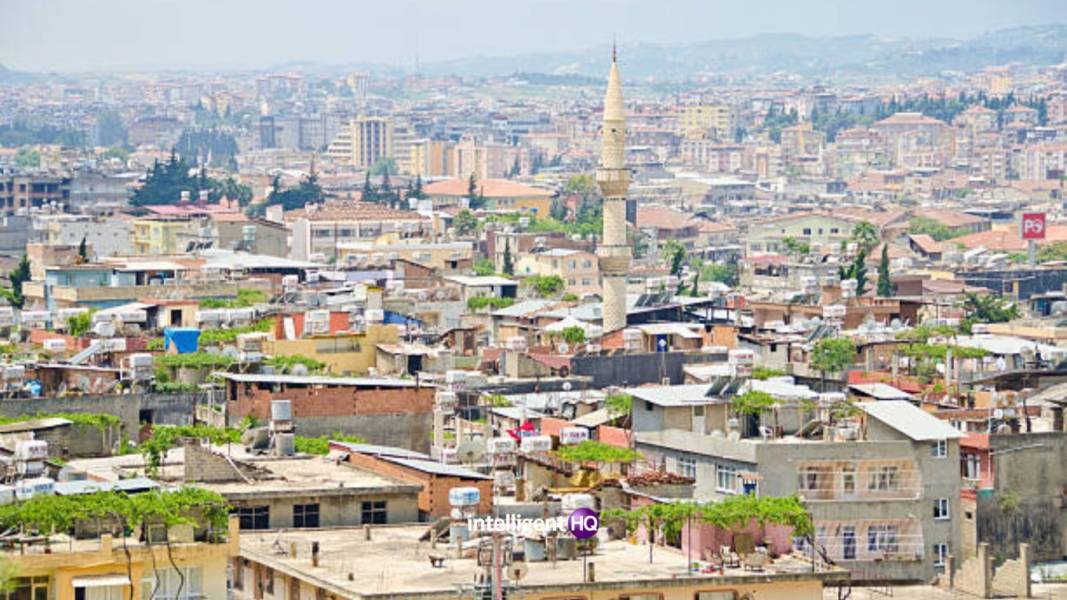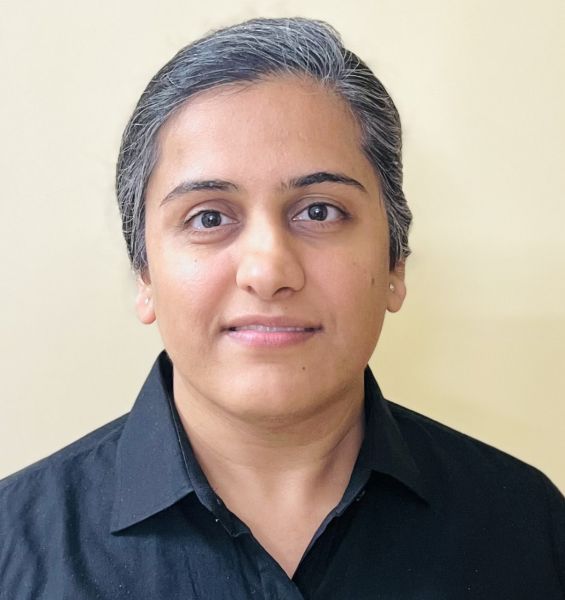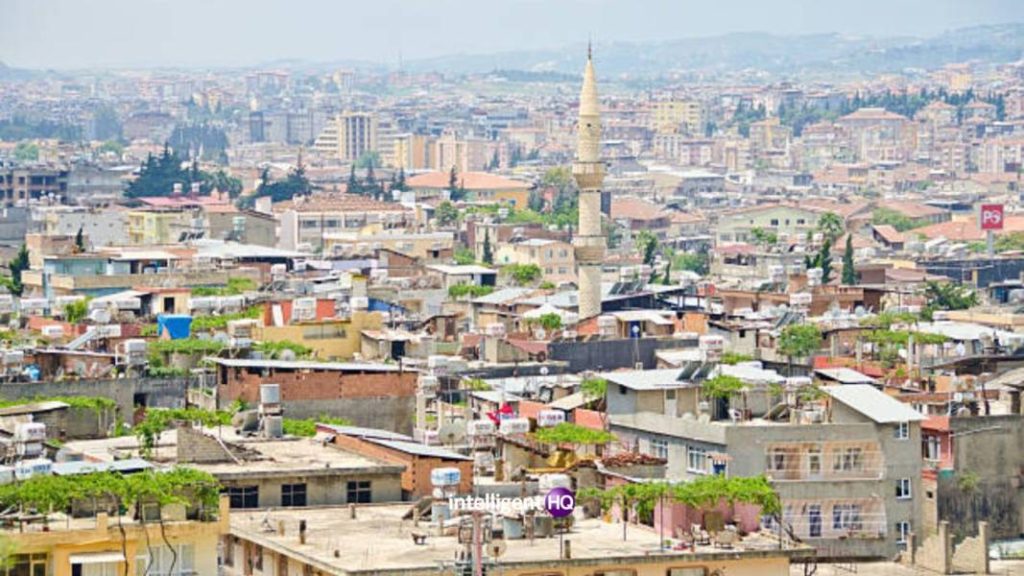Through a combination of traditional building techniques, modern construction methods, and effective disaster preparedness, Antakya has always been able to withstand the effects of earthquakes and emerge stronger than ever. The resilience of the city is a testament to the ingenuity and determination of its people and serves as an inspiration to other communities facing similar challenges.

Antakya is a city at the crossroads of Greek, Roman, Byzantine, Crusader, and Ottoman civilisations. It is the modern-day tourist and religious pilgrimage destination in southern Turkey. Situated on the East Anatolian Fault Zone, one of the most seismically active areas in the world, the city is no stranger to earthquakes. Throughout its history, Antakya has been subjected to numerous earthquakes, some of which have caused significant damage to the city’s infrastructure and buildings. However, the city has demonstrated remarkable resilience in the face of these natural disasters.
The earthquakes on Feb 06 caused major destruction, converting the entire city into rubble and killing more than 260,000. The earthquake and the aftershocks wiped out some of the most ancient monuments of world heritage and religion in the city, seriously damaging the historical sites of the region.
Rescue and restoration efforts
To help with rescue and restoration efforts in the event of an earthquake or other disaster, the Turkish government has established several organisations and institutions. For example, the Disaster and Emergency Management Authority (AFAD) is responsible for coordinating emergency response efforts, including search and rescue operations, evacuations, and aid distribution.
In addition to government efforts, there are also non-governmental organizations (NGOs) and other groups working to preserve and restore Antakya’s cultural heritage. For example, the Hatay Metropolitan Municipality has established a cultural heritage preservation department that is responsible for the maintenance and restoration of historic sites and buildings in the city.
There are also international organizations that work in collaboration with local authorities and NGOs to support restoration efforts. For example, the United Nations Educational, Scientific and Cultural Organization (UNESCO) has designated Antakya as a World Heritage Site and provides technical and financial assistance for the conservation and restoration of its cultural heritage.
A future of hope
Although the process of rebuilding and restoration has begun, it is not just limited to infrastructure. While many have been displaced from their home, there are still many who also have to bear the loss of their loved ones.
Many residents of the city have witnessed its path of recovery, and are hopeful that it would stand back this time as well.
“After seven times, they rebuilt and brought it (Antakya) to life again. Now is the eighth time, and God willing … we will live in it again,” said Bulent Cifcifli, a resident who lost his mother in the disaster.
The resilience of individuals and communities is outlined by the support of local and international organisations, the establishment of sustainable long-term recovery plans, support networks and community programs, and disaster preparedness and mitigation measures. However, hope is always the underlying factor that enables disaster victims to transcend to a brighter and better future.
This article is in collaboration with ActionTurkiye.org. Action Türkiye is a technology-based platform that aims to drive awareness, news, sentiment, data, and resources to enable the redevelopment of the regions and cities affected by the earthquake. ActionTürkiye platform integrates the latest technologies, real-time data, mapping and forums technology to provide development, crowdfunding, and access to an aid and development network with leading international organisations and businesses to support Türkiye’s people, families, businesses, and organisations recovery from the earthquake.

Pallavi Singal is the Vice President of Content at ztudium, where she leads innovative content strategies and oversees the development of high-impact editorial initiatives. With a strong background in digital media and a passion for storytelling, Pallavi plays a pivotal role in scaling the content operations for ztudium’s platforms, including Businessabc, Citiesabc, and IntelligentHQ, Wisdomia.ai, MStores, and many others. Her expertise spans content creation, SEO, and digital marketing, driving engagement and growth across multiple channels. Pallavi’s work is characterised by a keen insight into emerging trends in business, technologies like AI, blockchain, metaverse and others, and society, making her a trusted voice in the industry.












